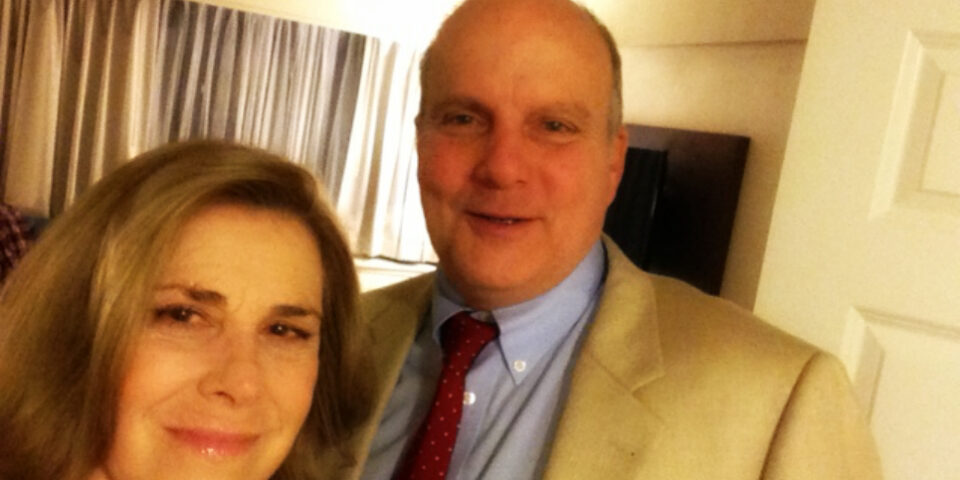I was born in Spanish Fork, Utah in 1952. I am the 98th woman admitted to the Utah Bar, and have practiced law since 1976. I left Utah shortly after my marriage in 1974. I was a practicing member of the church until the late 80’s. I served in many positions available to women, but was uncomfortable with positions where I was asked to espouse or proselyte. I would describe my spiritual nature as that of a “hoper” and not a believer.
In the latter half of the 1970’s, I lived in metropolitan Washington D.C. During this time, I was a staff member of Dialogue, A Journal of Mormon Thought, and authored an article on the proposed Equal Rights Amendment. While we were both working for Dialogue, Lester Bush published his important article on Blacks and the Priesthood, and I observed the evolution of church doctrine on this issue. I firmly believe Lester’s article provoked thought and discussion on this issue among leaders of the church. This change occurred, I believe, because the doctrine was finally recognized to be man made–with a basis in history and in cultural beliefs that were no longer acceptable to society (and also, I am sure, because of a high profile boycott of BYU athletic teams). The Mormon church has been described by one pundit as an “improvisational” church, and surely it is at least evolutionary, as this and many other changes over time, demonstrate. In light of recent events, I have wondered, if the few black members of the church had been more vocal and requested church leaders to seek further inspiration on the policy denying them the priesthood, would they have faced church discipline for making such a request?
I am the mother of four grown daughters. One Sunday in the late 80’s, the bishop pulled me aside and told me that I had some teaching to do in my home. He reported that he had visited the primary opening exercises and delivered a message about boys receiving the Aaronic priesthood when they turn twelve. He told me that my daughter Tessa, then seven, raised her hand and asked how old the girls have to be to get the priesthood. The bishop reported that he explained that girls do not receive the priesthood,and instead, God planned for them to be mommies. At that point, the bishop said, Tessa looked confused and said “when was the last time you asked him?”. Isn’t this all that the remarkable Kate Kelly and her colleagues are asking? I was so proud of Tessa then and am proud of Ordain Women now.
In the next few years, my uncle died of AIDS, after years of rejection and shame delivered by the Church and his Mormon family. A brilliant nephew, also gay, was summarily ejected from BYU. The Mormon position on this issue was no more enlightened or loving than the most fundamentalist of Protestant churches. As a person who had a family and a professional career, I had always felt like a “fish out of water” in the church. It was the only aspect of my life where I could not ever expect to operate as a full equal with men. This was increasingly intolerable to me, but more importantly, I did not know how I could raise daughters to reach their full potential in the church community. The message that they received was constant and insidious. They weren’t leadership material…their roles were defined for them.
In the early 1990’s, I and the girls quietly stopped going to church. At the time, I felt like I had been holding on to a slim rope by my fingernails, whilst on and off, biting my tongue. I am happy to say that when the last fingernail broke, I found firm ground just beneath my feet.
After the Church’s support of Prop 8 in California, I felt that voting with my feet was not enough, and I formally resigned from the church. It gave me great peace. I value my Mormon background, and my family has been well served by the principles of community, honesty and family that I learned while growing up in the church. My daughters are happy and successful and love their Mormon relatives. They know the importance of questioning authority and listening to one’s own inner voice. They know that just as it isn’t right to ask a person to refrain from eating in a “whites only” lunch counter because they are of color, neither is it acceptable to ask a person to forfeit marriage because they are gay, or anyone to have a lesser leadership role because of their gender. Decisions made by the Mormon Church will only be better if women are ordained.






